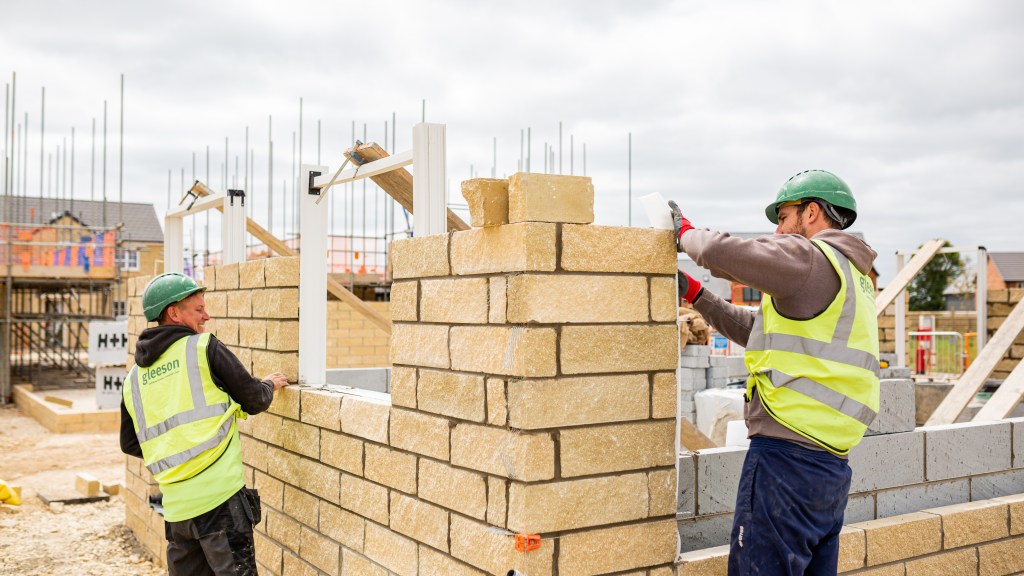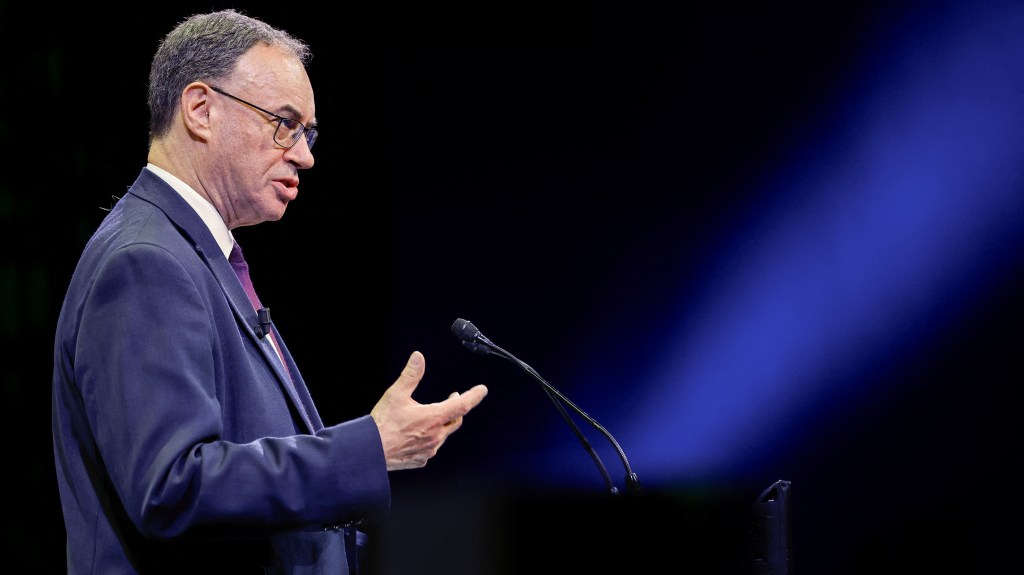MJ Gleeson Sees Profit Decline Due to Increased Sales Incentives
MJ Gleeson has announced that its annual profits are projected to fall by up to 20% below initial expectations due to the necessity of offering larger deposit contributions, complimentary carpets, and upgraded kitchen fixtures to stimulate home sales.
The housebuilder, mainly operating across the Midlands and northern England, indicated that its profit margins have been affected by ongoing challenges, primarily the “continued use of incentives” in recent weeks.
An industry source noted that while the company continues to sell homes, it has to exert more effort as the market has softened, particularly following the Easter holidays and the implementation of elevated stamp duty rates in April.
Consequently, the profits for its current fiscal year, concluding in a few weeks, are expected to be 15-20% below prior projections. Analysts in the City had anticipated a pre-tax profit of £28 million for Gleeson this year, but that forecast has now been revised downward to approximately £22.5 million following a profit warning issued on Tuesday.
Additionally, Gleeson acknowledged that several of these challenges are likely to persist into the next financial year, commencing next month. Initial expectations for the next year’s pre-tax profit of £32 million have now been adjusted down closer to £26 million.
Stephen Rawlinson, an independent analyst in the construction sector, expressed that Gleeson seems to be struggling to navigate the stable housing market effectively.
By the end of Tuesday, Gleeson’s shares had plummeted by 116p, or 22.5%, settling at 400p, marking their lowest point since autumn 2023.
Founded in Sheffield in the early 1900s by Michael Joseph Gleeson, who took over his father-in-law’s housebuilding enterprise, MJ Gleeson is now one of the largest home builders in northern England, with projections to complete just over 1,800 homes in the current financial year.
In the competitive landscape of homebuilding, it is common for companies to provide additional incentives to finalize sales, such as covering stamp duty expenses, offering higher-specification kitchens, or providing complimentary carpets.
In robust housing markets, these incentives typically represent around 2-3% of the overall purchase price, but during downturns, they can escalate to 5-6%, approaching the threshold where mortgage lenders may begin to issue “down valuations”—assessing a property’s value lower than the agreed sale price.
Although Gleeson has not publicly disclosed the specifics of its incentives, it indicated in February that they were “slightly higher” than before, and hints suggest they have increased further in recent weeks.
The firm also cited discounted “bulk sales” to investors or housing associations as factors contributing to the decline in profit margins. This segment is currently facing significant challenges, with housing associations experiencing cash shortages and competitors, particularly Vistry, vying for dwindling demand.
Other contributing elements to the profit dip include “increased build costs” and “flat selling prices,” trends that many developers have been reporting in recent months.
Looking ahead, while there are ongoing advancements in the planning system, these improvements will take time to materialize. Gleeson, which primarily develops on brownfield sites, is still facing “delays,” resulting in fewer new site openings than initially anticipated over the next year.
The downturn in Gleeson’s shares also impacted other housebuilders, fueling concerns that they might encounter similar challenges related to heightened incentives and persistent planning issues. Shares of Taylor Wimpey, Barratt, Redrow, and Persimmon all experienced declines of over 1% on Tuesday morning.




Post Comment